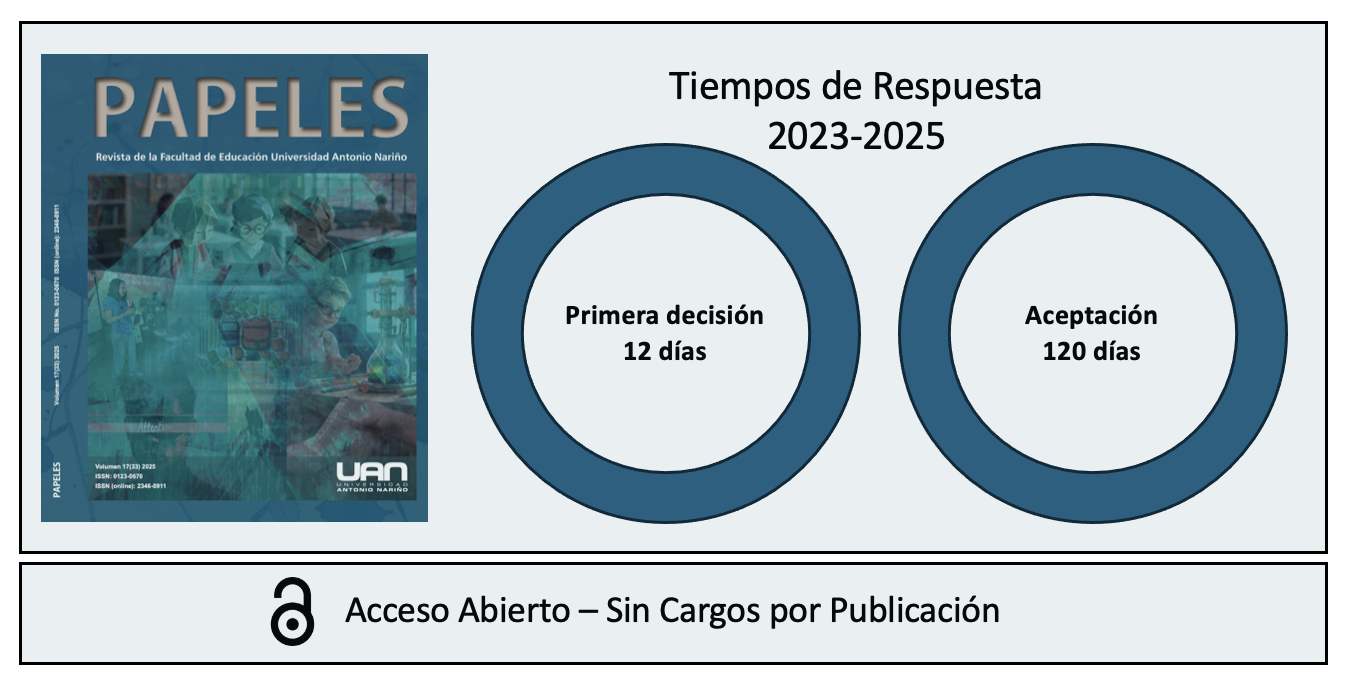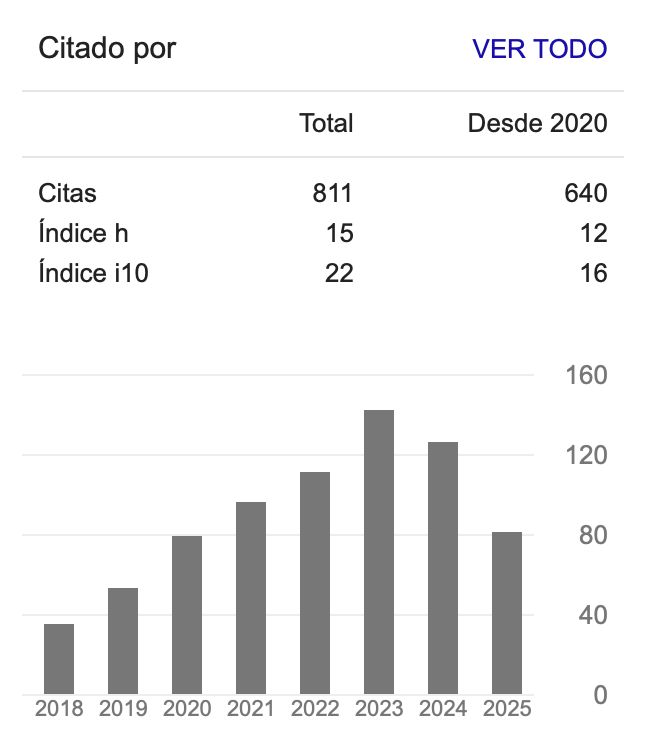Hacia una revisión de las dimensiones de nuestra educación cívica
Palabras clave:
educación cívica, poblaciones de segunda clase, sociedad decente, fundamentos éticos de la enseñanza, pensamiento crítico, pedagogía críticaResumen
El propósito de este artículo es el de considerar desde una perspectiva ética, alguno de los malentendidos y de las omisiones de nuestra educación cívica. Las definiciones en este terreno de la educación, la extensión de sus límites y su validez, requieren un análisis permanente no sólo por los rápidos cambios de valores que caracterizan a nuestras sociedades sino, como lo ha mostrado la pedagogía crítica, por el interés de estas sociedades en vigilar sus límites, en controlar su expansión. Si consideramos a la enseñanza como una actividad esencialmente ética, será importante detectar los posibles campos de aplicación del concepto de civismo que se propone implementar, descubrir quienes se hallan parcial o totalmente “olvidados” por él, quienes están excluidos de sus programas. Estas exclusiones expresan o quizás preparan situaciones por las cuales ciertos grupos sociales se encontrarán limitados en sus derechos y a veces heridos en su dignidad.
Descargas
Citas
Banks, J. A., (1986). “Multicultural Education: Development, Paradigms and Goals”. En: Banks, J. A. y J. Lynch (eds.), Multicultural Education in Western Societies, London: Holt, Rinehart and Winston.
Bárcena, F., (2005). “El aprendizaje del dolor: notas para una simbólica del sufrimiento humano”. Ponencia presentada en el Seminario Internacional: La filosofía después del Holocausto”, Consejo Superior de Investigaciones Científicas, Universidad Complutense de Madrid.
— y Melich, J. C. (2000). La educación como acontecimiento ético: natalidad, narración y hospitalidad. Madrid: Paidós Ibérica.
Cohen, A. (1989). Educar al joven según lo determina su camino o lecciones de castración, Jovattzaaká, [El deber de protesta], Tel Aviv (en hebreo).
Derrida, J. (1995). The Gift of Death, Chicago: The University of Chicago Press.
Hernández, I. (2003). Autonomía o ciudadanía incompleta: el pueblo mapuche en Chile y Argentina. Santiago de Chile: Cepal, Publicación de las Naciones Unidas.
Lamm, Z. (1976). Conflicting Theories of Instruction, Berkeley, CA: McCutcheon.
Licta, R. I. (2001). “Ciudadanía y pueblos indígenas”. En: Boletín ICCI, Rimay, publicación mensual del Instituto Científico de Culturas Indígenas, año 3, No. 22.
Margalit, A. (1997). La sociedad decente. Buenos Aires: Paidós.
Muñoz Sedano, A. (1999). “Hacia una educación intercultural: enfoques y modelos”. En F. Checa y E. Soriano (eds.), Inmigrantes entre nosotros: trabajo, cultura y educación intercultural. Barcelona: Icaria, pp. 205-243.
Naval, C. (1998). Filosofía de la Educación Hoy, Temas, VVAA., Madrid: Dykinson;
Noddings, N. (1992). Excellence as a Guide to Educational Thought, Presidential Address to the 48th Annual Meeting of the Philosophy of Education Society. Noddings, N. (2009). La educación moral. Buenos Aires: Amorrortu.
Nussbaum, M. (1999). “Patriotismo y cosmopolitismo”. En: Nussbaum, M. (coord), Los límites del patriotismo. Identidad, pertenencia y “ciudadanía mundial”. Barcelona: Paidós, pp. 13-33.
OEI (2000). “Comunidades indígenas, políticas públicas, autonomía cultural y ciudadanía”. En: El pueblo mapuche en Chile y Argentina, Fundación Ford y Cepal. Disponible en: http:// www.oei.es/quipu/bi_alfabetizacion_argentina_chile.pdf
Ortega, P. y Mínguez, R. (1998). “Educación, cooperación y desarrollo”. En: Revista Española de Pedagogía, p. 211.
Planaa Perú 2011-2021. (2011) Decreto supremo 014-2011, Minam, Sistema Nacional de Información Ambiental Minam 2011, Perú: Ministerio del Ambiente.
Tubino, F. (s.f.). “De la ciudadanía homogénea a la ciudadanía diferenciada”, Pontificia Universidad Católica del Perú, disponible en: http://red.pucp.edu.pe/ridei/files /2011/08/182.pdf
Unesco (2012). “La educación ante todo”, Ban Ki-moon, Secretario General de las Naciones Unidas, http://www.unesco.org/new/es/educa tion/global-education-first-initiative-gefi/
Weis, R. et ál., (2007). Programa de formación ética: hacia una cultura del cuidado. Buenos Aires: Novedades Educativas.
Williams, D. R. (1993). “The modern quest for civic virtues: Issues of identity and alienation”. En: N. Noddings, (ed). Philosophy of Education (pp. 114-116), Normal, IL: Phylosophy of Education.
Descargas
Publicado
-
Resumen225
-
PDF139
Cómo citar
Número
Sección
Licencia

Esta obra está bajo una licencia internacional Creative Commons Atribución-NoComercial-CompartirIgual 4.0.







 Portal de Ciencia Abierta
Portal de Ciencia Abierta